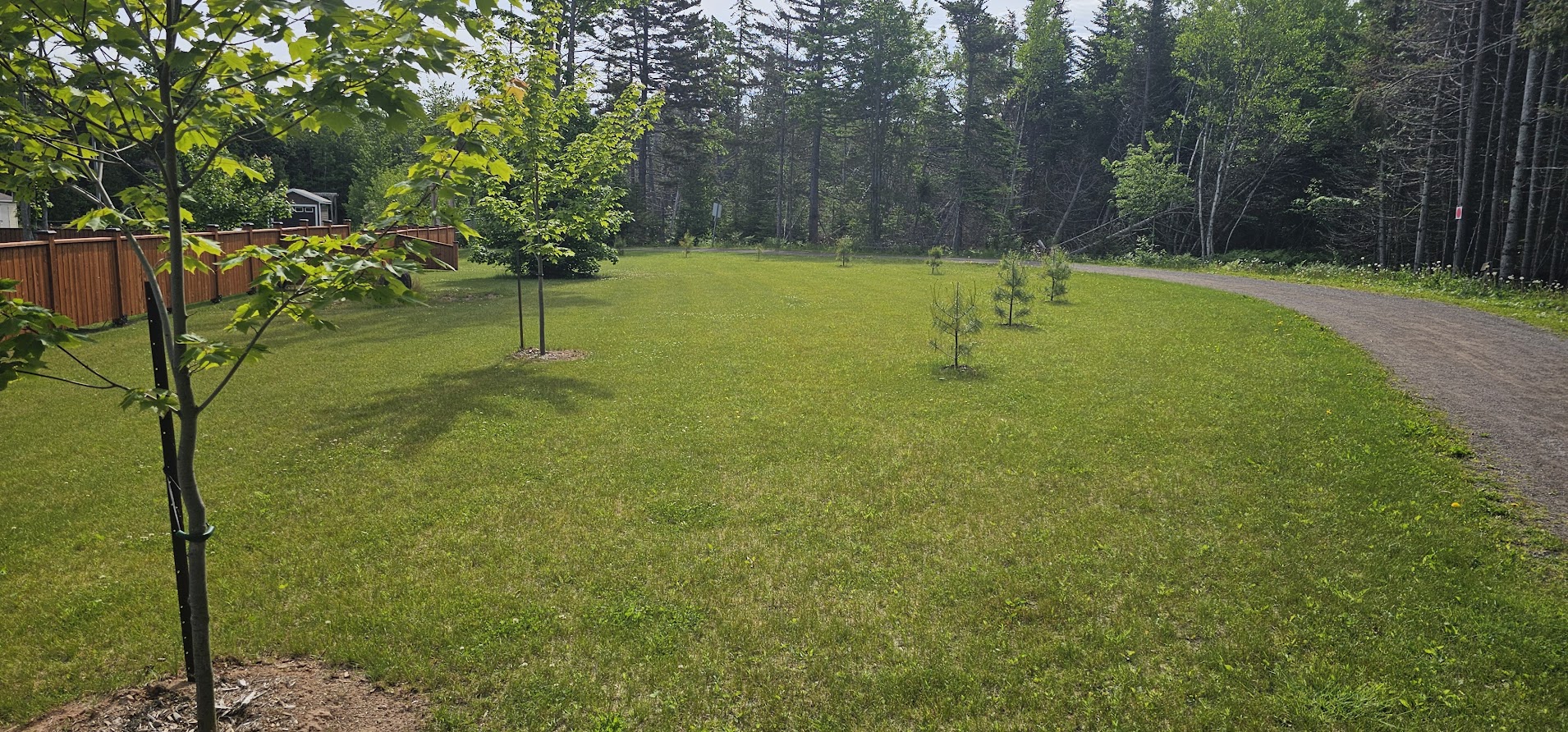Plants and Pollinators
Vision H2O prioritizes native plants for their many projects related to the creation of flower beds and pollinator gardens in the community. Several projects are underway with local organizations, the municipality and schools to increase the presence of native plants. In addition to enhancing the beauty of the landscape, these projects aim to raise public awareness of the benefits of choosing native plants for their landscaping.
Native Trees
In an era of climate change, it is increasingly important to protect our forests. These habitats provide good canopy cover and promote water infiltration by the roots. Planting native trees helps conserve local biodiversity and maintain good water quality.
Over the years, Vision H2O has planted trees in the region. Planting native trees is essential for a healthy environment. They support local wildlife, enhance biodiversity and contribute to the overall resilience of ecosystems. The group is also collaborating to organize a free tree distribution day. This municipal initiative enables Cap-Acadie residents to plant native trees in their yards.
Monarch butterflies are not only pollinators, they're also migratory insects! When autumn arrives, they travel in groups of millions over distances of up to 4,000 km to winter in the mountains of Mexico. To get enough energy for this long journey, these butterflies feed on plant nectar. They therefore play an important role in pollination.
Milkweed is a necessary plant for the survival of this species. It's the only plant on which monarch butterflies lay their eggs. In addition, monarch caterpillars feed exclusively on milkweed. This plant, which is toxic to other insects and animals, is therefore very important for this butterfly.











